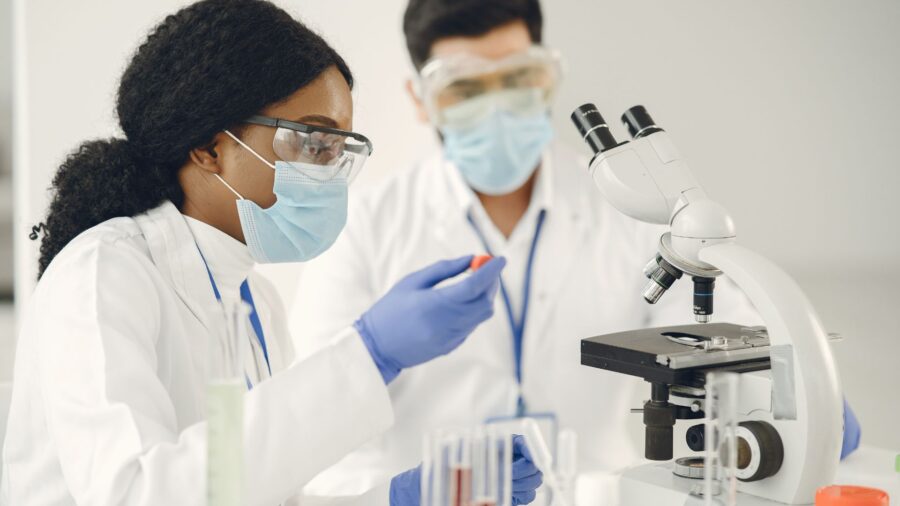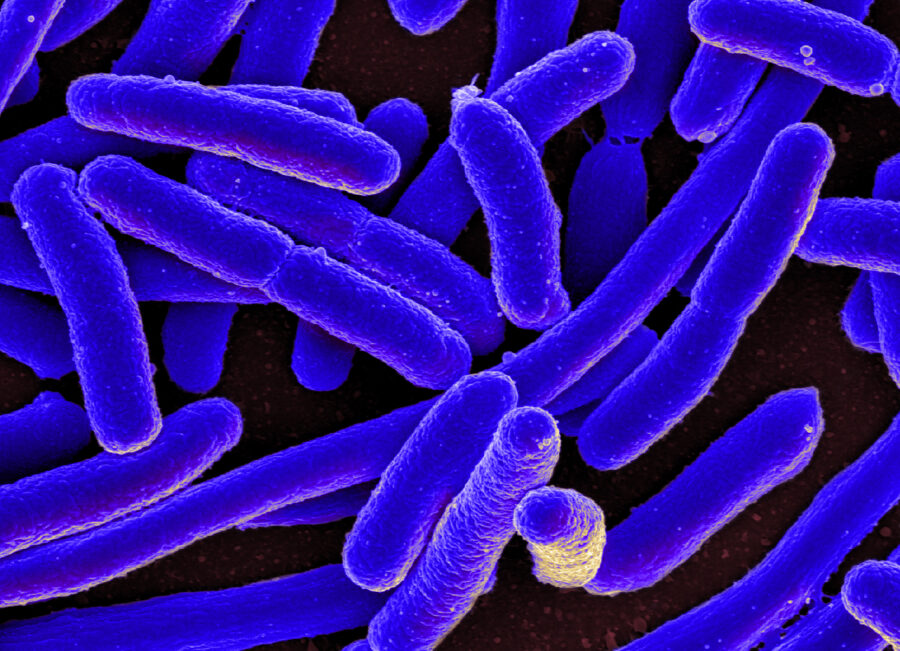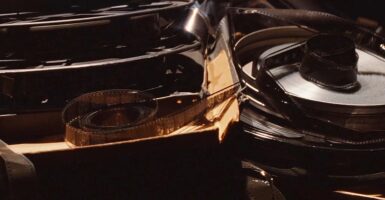Scientists Can Now Turn Air Into Electricity?
Scientists in Australia found an enzyme in bacteria that can convert microscopic levels of hydrogen into electricity using nothing but air.

For years, we have joked about the impossibility of pulling things “out of thin air.” Now, however, it looks like scientists have proven us wrong by showing there is, in fact, something we can easily pull out of thin air, and it might even be a cooler discovery than real-life x-ray glasses. According to Futurism, scientists have discovered a special enzyme that helps us turn air into electricity.
It all has to do with invisible bacteria in the air around us. Scientists have known for years now that the trace amounts of hydrogen in air help bacteria grow and thrive in unlikely environments ranging from volcanoes to murky ocean depths. But they didn’t know why that was, and when one group of Australian scientists set out to discover the answer, they made an amazing discovery along the way regarding electricity.
They discovered a special enzyme named Huc using cutting-edge molecular-mapping techniques. Even this mapping made history because these scientists created “the most resolved enzyme structure reported by this method to date.” But the real fun came once they realized that Huc could be used to transform the hydrogen within our air into electricity.
The idea of conjuring electricity out of thin air like a modern-day wizard is already pretty damn cool, but the scientists soon discovered some other interesting facets about Huc. For example, it consumes hydrogen insanely efficiently, with one scientist noting that it consumes “as little as 0.00005 percent of the air we breathe.” That is below atmospheric levels, which is more than we can say for any other chemical catalysts or enzymes.

Huc is also extraordinarily stable, which is one of the main reasons these scientists are hopeful for using their discovery to generate electricity. It will need a lot more research and development, but they envision a future where Huc could serve as an environmentally-friendly battery source for our small devices. And some on the team also believe that because concentrated hydrogen helps Huc produce even more energy, this bacteria may eventually be combined with fuel cells to help power things as large as portable computers and even cars, and that would be a real game-changer when it comes to sustainable energy.
And electricity is at the very heart of our sustainable future. Right now, we are placing many of our hopes of a more sustainable future in electric automobiles powered by rechargeable batteries (Tesla led the way back when Elon Musk wasn’t as focused on Twitter). However, rechargeable batteries still rely on mining lithium, which itself is a relatively limited resource, so it’s important to have alternative and environmentally-friendly ways of generating electricity in the future.
Of course, “future” is the keyword here. This discovery of a special bacteria that can turn the air into electricity is brand-new, and it will take many years and many more teams of scientists to discover the full potential of Huc.












